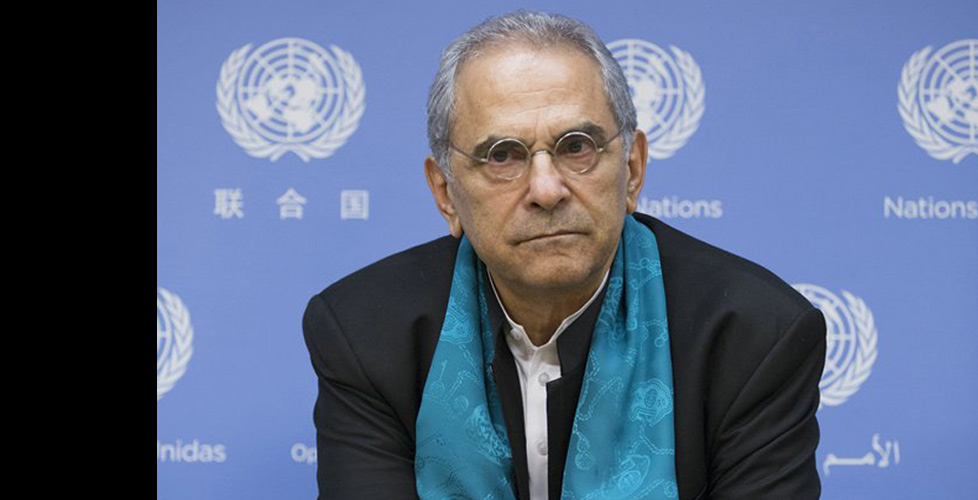Taiwan is a by-product of the Chinese civil war and the Cold War. Defeated in the civil war in 1949 the Kuomintang forces led by Gen. Chiang Kai-shek fled to Taiwan where it set itself up and claimed to be the government of the whole of China. At no point Taiwan was a separate entity from mainland China.
Out of 195 UN Members only 11 still recognise Taiwan as an “independent” country.
From day one of our independence restauration in 2002, Timor-Leste and People’s Republic of China established full diplomatic relations and Embassies began operating in Beijing and Dili. Timor-Leste continues to adhere unequivocally to the One China Policy.
The post Mao era, with the policies pursued by Den Xiau Pin and his successors, saw China’s dizzying transformation in a very short period of time from an essentially agrarian society into a global economic and financial power.
The rise of China as well as the rise of India and other Asian economies are thanks to the peace and stability in the region following the end of the wars in Vietnam, Cambodia and Lao, and the end of communist insurgencies of the sixties and seventies in Southeast Asia.
Taiwan owes its prosperity to the hard-working people of the island and the pragmatism of successive Taiwanese leaders who refrained from attempting to change the status of Taiwan.
It is in the best interests of the whole region and of the world that China and authorities in Taiwan continue some form of communication and existing trade and investments that are mutually beneficial.
The security and well-being of the people on the island are not served by high profile, provocative visits by lawmakers from other countries.
J Ramos-Horta
Dili, 15th January 2024





